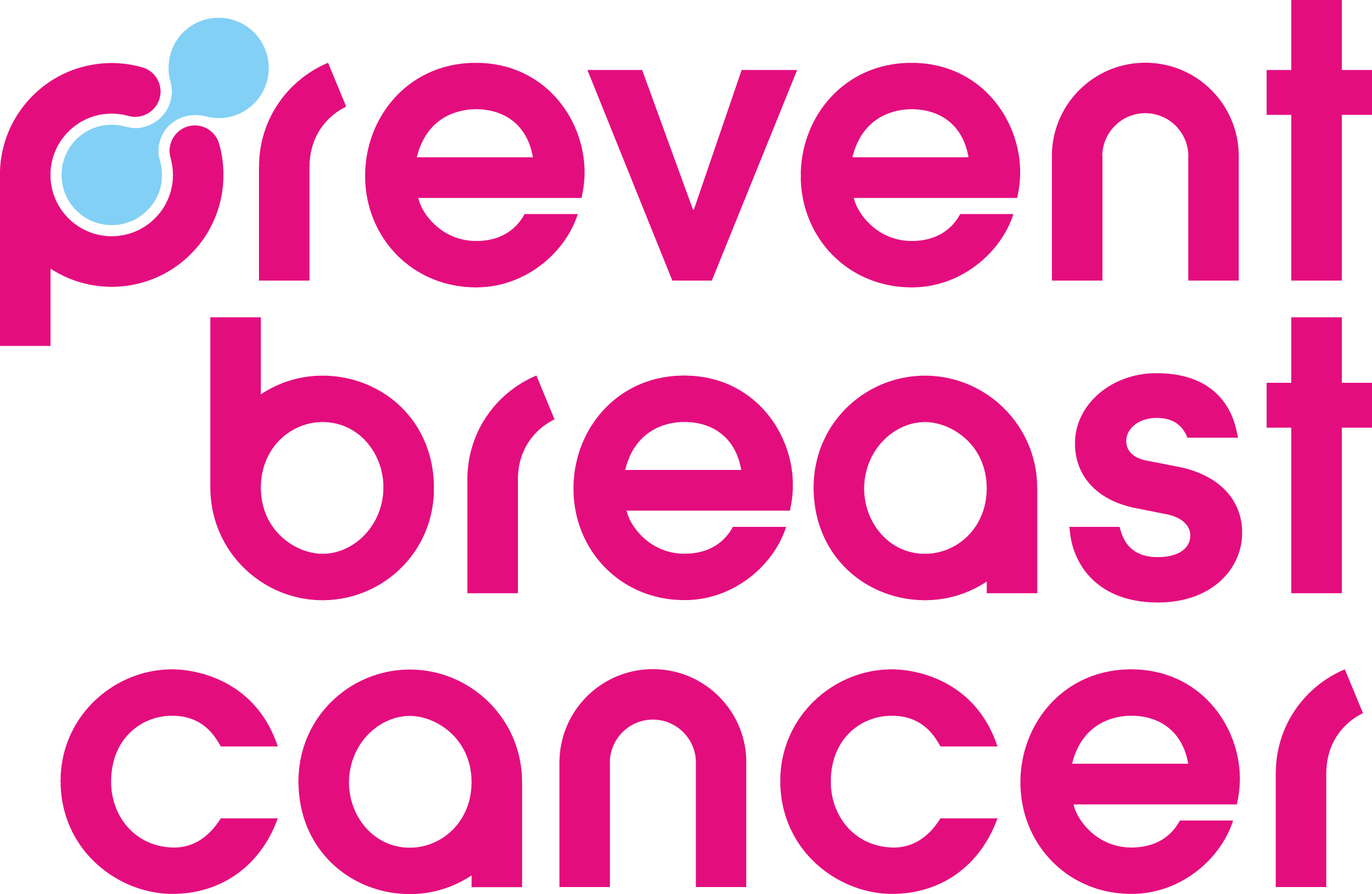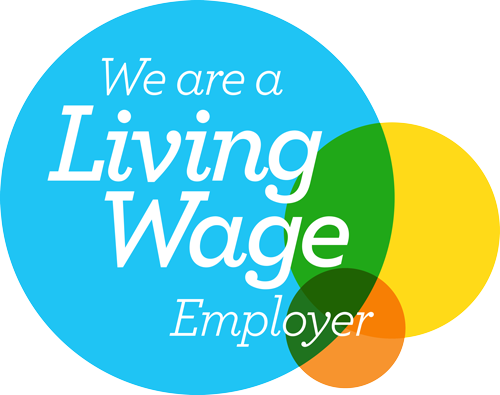An article from The Guardian published towards the end of February described the announcement from NICE that a life-extending drug for incurable breast cancer called ribociclib has been approved for NHS use. It is said that around 3,300 women a year may benefit from the decision to approve the drug.
NICE have said that ribociclib could be used alongside another drug, fulverstrant to treat hormone receptor-positive, HER2-negative, advanced breast cancer in women who have already undergone endocrine therapy, and where another drug combination – exemestane with everolimus – is otherwise judged to be the most appropriate treatment.
The combination of medicines could delay the progress of breast cancer and the point at which a patient needs to start chemotherapy, as well as extend life, NICE said.
We asked one of our experts, Senior Clinical Lecturer , Dr Sacha Howell for his thoughts:
‘It is very good news that ribociclib is now available through the NHS, although we have been using it for over 2 years through the Cancer Drugs Fund, which was set up in 2011 by the coalition government to give patients access to experimental cancer therapies. NICE approval of ribociclib cements CDK4/6 inhibitor treatment in the second line setting on the NHS which is very reassuring for women with advanced breast cancer. This class of drug improves life expectancy in eligible women and is generally very well tolerated, a combination that can be considered the holy grail in cancer drug development’.
In addition, we were intrigued by a recent study that evaluated the use of aspirin with cancer incidence among older adults. The findings of the study revealed that aspirin use was not associated with reduced risk of breast, bladder, oesophageal, gastric, pancreatic, or uterine cancers. However, the findings did suggest that aspirin use may improve bladder and breast cancer survival rates.
Dr Sacha Howell comments that:
‘The findings within the aspirin study are very provocative. The study showed that the risk of dying from breast cancer was reduced by 25% in women aged over 65 who took any aspirin. This is despite the number of breast cancers occurring not being reduced. Many other cancers were also studied and apart from breast and bladder cancer, there was not a reduction of incidence or survival. It is possible, therefore, that this is a chance finding, meaning confirmation in a large, randomised placebo controlled trial is required. Such a trial is currently recruiting, the Add-aspirin trial, and the results of this study will hopefully be available soon. Until that time, regular aspirin use cannot be recommended after a breast cancer diagnosis’.
To read The Guardian article click here.
To read about the aspirin study click here.
About Prevent Breast Cancer
Prevent Breast Cancer is the only UK charity entirely dedicated to the prediction and prevention of breast cancer – we’re committed to freeing the world from the disease altogether. Unlike many cancer charities, we’re focused on preventing, rather than curing. Promoting early diagnosis, screening and lifestyle changes, we believe we can stop the problem before it starts. And being situated at the only breast cancer prevention centre in the UK, we’re right at the front-line in the fight against the disease. Join us today and help us create a future free from breast cancer. If you have any questions or concerns, email us today.




